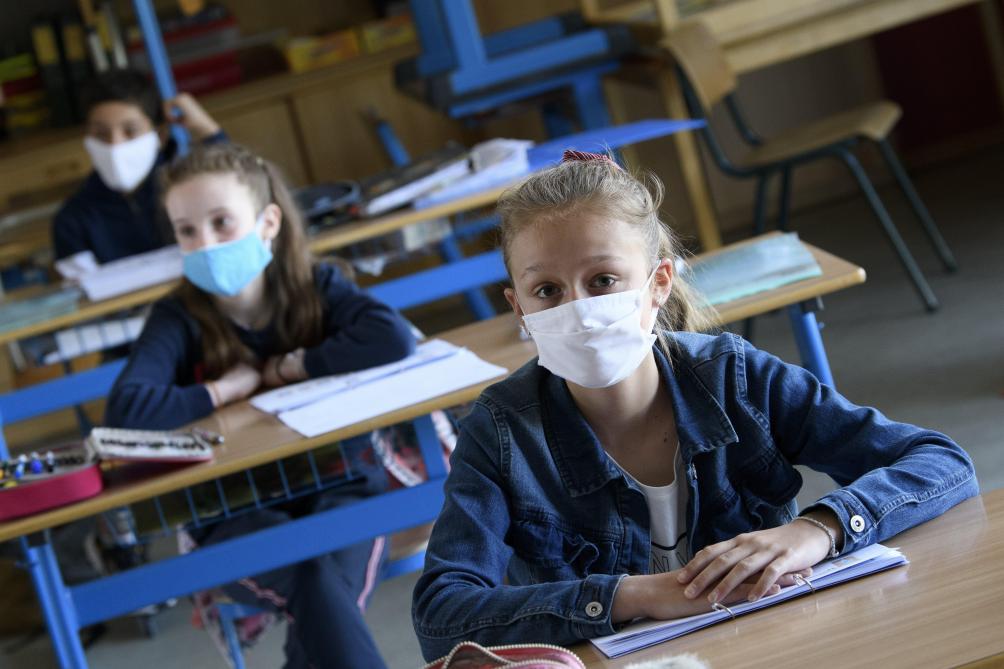Belgium should close its schools until 31 January, according to a "radical proposal" by an immunologist, that has now received support from OECD education expert Dirk Van Damme.
"I think schools are an underestimated factor," immunologist Hans-Willem Snoeck (Columbia University in New York) wrote in an opinion piece in De Morgen, where he made "a radical proposal" to shut schools until the end of January.
"We initially thought that children under the age of 10 were not a major problem," he explained in Flemish television programme Terzake. "Now we are seeing the strongest increase there."
"The second peak only came during the autumn holidays. That peak was led by the children," he said. "After the autumn holidays the increase started again with the children, and the rest of the population followed."
Dirk Van Damme, head of the Centre for Educational Research and Innovation at the OECD, tweeted that he "fears" that Snoeck is right.
"I hesitated for a long time, and I find it terrible," he said. "Without closing the schools, we will fall into a third wave before the second wave is even over."
"Ik denk dat de scholen een onderschatte factor zijn. Kinderen onder de 10 jaar zijn geen groot probleem, dachten we altijd. Nu zien we daar de sterkste stijging, dat verbaast mij enorm."
Immunoloog Hans-Willem Snoeck #terzaketv pic.twitter.com/UB9a67cmrQ — Terzake (@terzaketv) December 16, 2020
According to Snoeck, children are not the main motor of the pandemic, but an auxiliary one.
"When we shut down the big engines, you start to see the effect of the auxiliary engines," Snoeck said. "And I think that if we do not stop all the engines and also the auxiliary engines, we will go back to an exponential peak."
We are already at the beginning of such a peak, according to him, and in one or two weeks' time, we are going to be surprised again by how fast it is rising, except if we can turn it around now.
The number of children under 10 years old in the infection figures increased by 34% over the past week. No other group has seen such an increase, but in absolute figures, the largest share of infections are still found in the active population.
Related News
- What's on the agenda of Belgium's Consultative Committee tomorrow?
- Next few days will be 'crucial' to reverse rising trend, Van Gucht warns
- Christmas holidays will not be extended for Flemish schools
This increase among children, however, does not seem to be taking place among secondary school students. According to virologist and interfederal Covid-19 spokesperson Steven Van Gucht, this could be because they are in the middle of their Christmas exams, ensuring they have fewer contacts.
Still, the increase is remarkable, especially considering the fact that after the reopening of schools in May and during the summer holidays, very few infections were found among children, according to Snoeck.
"Close the schools, but provide care for the children of people with essential professions and for children with special needs," Snoeck said. "Cushion the learning deficit by taking a week from the Easter holidays and a month from the summer holidays."
The problem is not sitting in class, but the high mobility that school activities bring with them, according to him, which is why he is advocating to shift and extend holidays.
"Every day, schools mobilise 1.4 million people," Snoeck said. "If you close the schools, you keep people at home, and that reduces mobility."
Maïthé Chini
The Brussels Times

